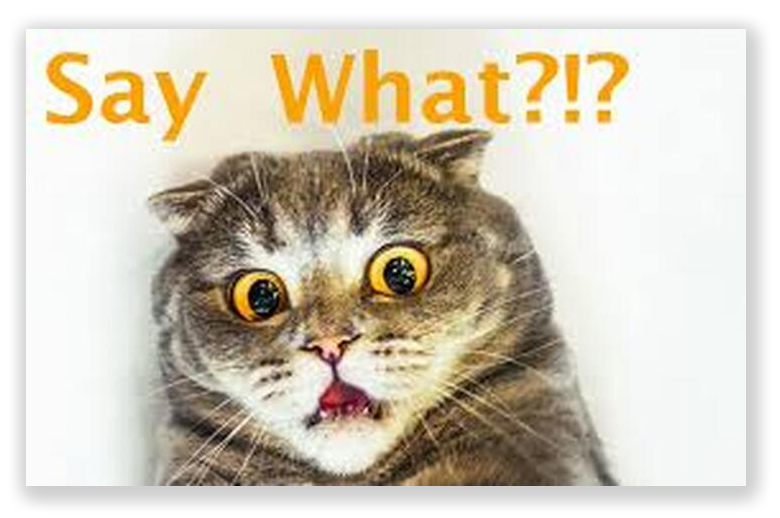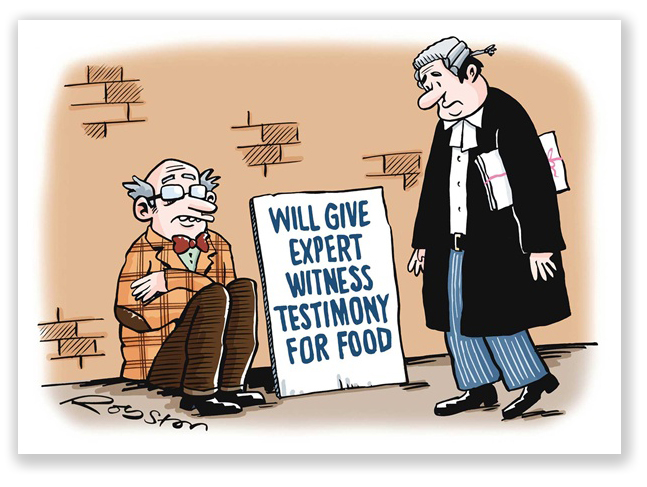We post news and comment on federal criminal justice issues, focused primarily on trial and post-conviction matters, legislative initiatives, and sentencing issues.

SUPREMES SPLIT ON GOVERNMENT EVIDENTIARY CAT-SKINNING
 The Supreme Court last Tuesday appeared divided over a case arguing that letting a DEA agent testify that most drug mules knew they were carrying drugs across the border violated the Federal Rules of Evidence and led to an unfair conviction.
The Supreme Court last Tuesday appeared divided over a case arguing that letting a DEA agent testify that most drug mules knew they were carrying drugs across the border violated the Federal Rules of Evidence and led to an unfair conviction.
Delilah Diaz was caught at the Mexican border with over $350,000 in meth hidden in the door panels of the car she was driving. She claimed not to know the drugs had been hidden in the car. A DEA agent expert witness testified, however, that drug mule drivers as a class typically know they are transporting drugs.
Federal Rule of Evidence 704 generally states that an expert in a criminal case may not give an opinion on the defendant’s criminal intent, or mens rea. Yolanda argued that the expert’s “class” testimony was a back-door introduction of evidence not allowed by Rule 704.
While some justices appeared to favor the government’s position of allowing such testimony, others appeared to favor reining it in.
 The problem for the justices during arguments Tuesday was where to draw the line on ambiguous evidentiary rules, as evidence prohibited under one rule might be permissible under another. Circuits are split on whether testimony about a class of defendants is the “functional equivalent” of testimony about the defendant being tried for purposes of Rule 704 or whether “class” testimony is permissible evidence of how drug cartels usually operate. “There’s always a way to skin the evidentiary cat,” said Justice Neil Gorsuch, who appeared firmly on the side advocating for a more limited rule.
The problem for the justices during arguments Tuesday was where to draw the line on ambiguous evidentiary rules, as evidence prohibited under one rule might be permissible under another. Circuits are split on whether testimony about a class of defendants is the “functional equivalent” of testimony about the defendant being tried for purposes of Rule 704 or whether “class” testimony is permissible evidence of how drug cartels usually operate. “There’s always a way to skin the evidentiary cat,” said Justice Neil Gorsuch, who appeared firmly on the side advocating for a more limited rule.
Justice Clarence Thomas pressed the government, saying that when you testify about the probabilities that someone knows she is carrying drugs, “you are in effect talking about the defendant, that you could only be concerned about the conduct of the defendant.”
Justice Samuel Alito suggested that other evidentiary rules might knock out such evidence, like Rule 703, which allows a court to exclude otherwise permissible evidence if it is more prejudicial to the defendant than helpful to the jury.
 Both sides have “line-drawing problems,” Justice Elena Kagan said. Even if the Court ruled for the petitioner, “all the expert has to do is tweak the way he says something and the exact same testimony can come in”, she said. “It just seems at that point a kind of game.”
Both sides have “line-drawing problems,” Justice Elena Kagan said. Even if the Court ruled for the petitioner, “all the expert has to do is tweak the way he says something and the exact same testimony can come in”, she said. “It just seems at that point a kind of game.”
Gorsuch observed that if the government is allowed to introduce such “class” testimony, a defendant will, too. “What’s going to be good for the goose here is going to be good for the gander,” he suggested.
Diaz v. United States, Case No 23-14 (Supreme Ct, argued March 19, 2024)
Reuters, US Supreme Court appears split over appeal by convicted border drug ‘mule’ (March 19, 2024)
Sentencing Law and Policy, A little interesting coverage of an interesting SCOTUS argument on drug mule case experts (March 20, 2024)
Bloomberg Law, Justices Search for Sweet Spot on Testimony on Criminal Mind (March 19, 2024)
<><>
– Thomas L. Root

